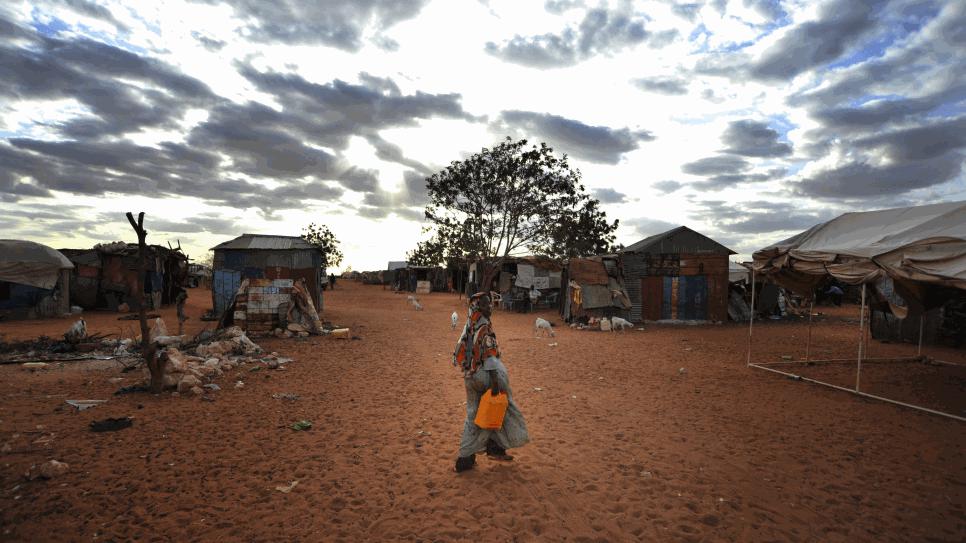Climate change is expected to kill an additional 1.5 million people per year by 2100
India is one of the most vulnerable countries to climate change due to scorching heat waves, heavy rains, and other extreme weather occurrences. In 2020, many Indian cities had temperatures as high as 48 degrees Celsius. By 2100, climate change is expected to kill an additional 1.5 million people per year. In the next 80 years, several major cities, including Delhi, are likely to become uninhabitable. According to a recent assessment by the Intergovernmental Panel on Climate Change, India is anticipated to suffer more extreme weather events in the next decades, such as heat waves, droughts, and floods, which would have irreversible climate repercussions.
India agreed to lower its emissions intensity (emissions per unit of GDP) by 33 to 35 percent by 2030 compared to 2005 levels, but the government has yet to produce emissions statistics to track these goals and verify assertions that it will fulfil the Paris goals on time. Because of their potential to provide feedback and function as harbingers of change, non-governmental groups play an essential role in India’s economic and social institutions. Instead of placing pressure on the government, numerous non-governmental organisations (NGOs) are increasingly putting pressure on the general populace to help prevent climate change. NGOs, for example, promote reduced meat consumption, cloth shopping bags, reusable straws, and LED lightbulbs, among other things.
Non-governmental organisations (NGOs) play a significant role in India because of their ability to provide feedback and act as forerunners of change, allowing the country’s economic and social institutions to grow. Instead of placing pressure on the government, numerous non-governmental organisations (NGOs) are increasingly putting pressure on the general populace to minimise climate change. NGOs, for example, promote reduced meat consumption, cloth shopping bags, reusable straws, and LED lightbulbs. Rather of relying on symbolic gestures or actions that increase social capital, Indian activists should encourage the government to implement effective environmental policies and initiatives. To boost climate action and raise awareness about the gravity of the climate problem in India, they should protest, picket corporate headquarters, petition the government, and perform sit-ins, hunger strikes, and vigils.





























